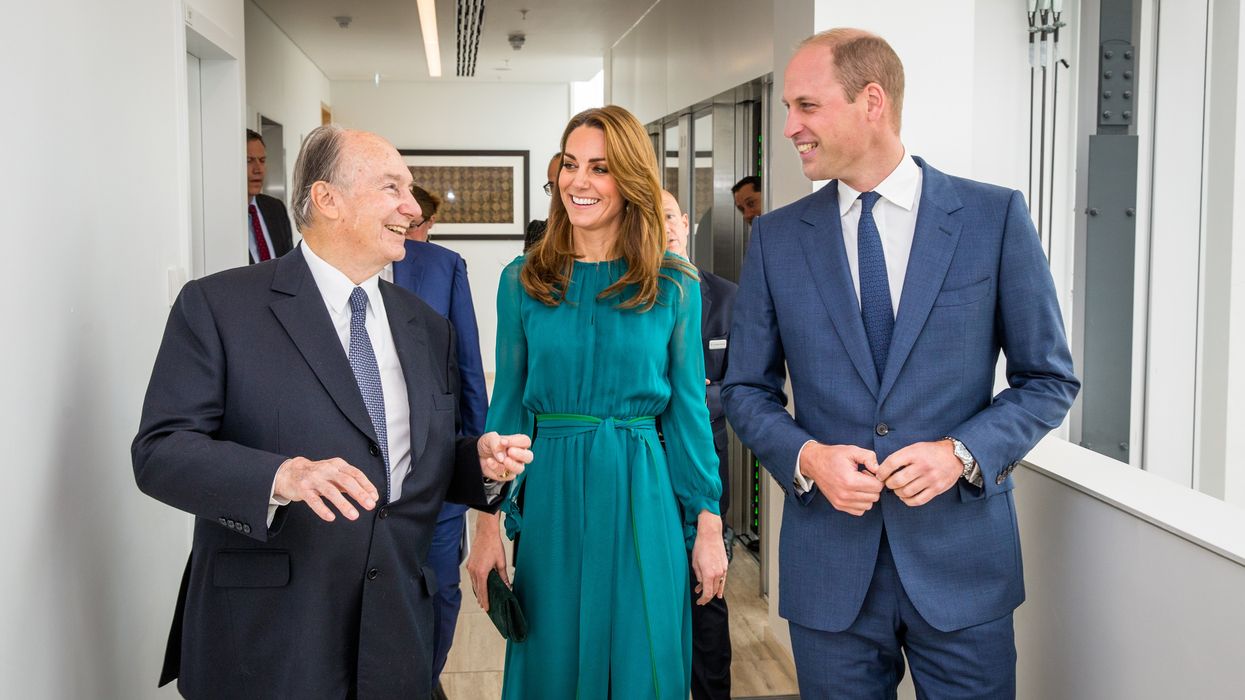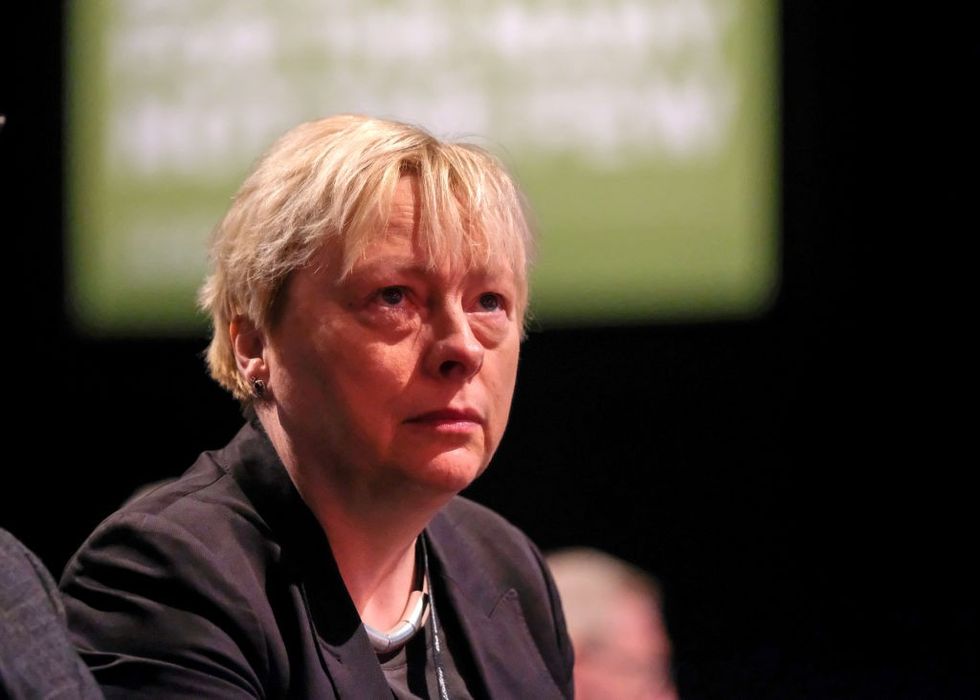By Nadeem Badshah
FAR-RIGHT groups accused of spewing racial hatred are using computer games to try and radicalise teenagers during lockdown, experts have warned.
Researchers have found that UK white nationalist groups are targeting younger recruits and run Call of Duty Warcraft gaming tournaments for its supporters.
Hope Not Hate, which campaigns against racism and fascism, recently issued a handbook called ‘Signs of Hate’ to every school in England and Wales about spotting far-right extremism amid fears that more children have been exposed to dangerous ideas during the Covid crisis.
Best Minecraft servers allow large numbers of players to interact and communicate with each other on a virtual shared world.
Meanwhile, the Tech Against Terrorism group found users being invited to roleplay Anders Breivik’s 2011 attack in Norway and the 2019 mosque shootings in New Zealand in online game creation system Roblox.
The research also found that extremists mentioned computer game Minecraft in their messages in a bid to hide their posts as online gaming chat. Roblox said it swiftly acts on any inappropriate content.
A spokesman for Hope Not Hate told Eastern Eye: “The circulation of extreme far-right material among teens is a growing issue. We are seeing young people being engaged through well-produced viral content, social media or even organised events such as computer game tournaments. Often this process is peer to peer, with many examples of young people radicalising each other, with misogynistic ideas currently most in circulation.
“While the danger must be kept in perspective, those working with young people must be alert to the risks – in the last two years we have seen a spate of teenagers convicted for far-right terror offences.”
There were 6,287 referrals to Prevent, the government’s counter-terrorism strategy programme, in the year to March 2020. This was an increase of 10 per cent compared to the previous year. Of the 697 more serious cases, 43 per cent were about right-wing radicalisation, followed by 30 per cent of Islamist extremism.
Exit UK, a support group run by former far-right organisations, has received 241 requests for help since last April compared to 60 enquiries in 2019.
Fiyaz Mughal, founder of the Faith Matters charity, said: “The work of Faith Matters and Tell MAMA has seen that gaming is a place where young people from BAME communities are sometimes targeted by racist, anti-Muslim and prejudiced comments. This takes place when people are gaming against each other online and where there are opportunities for written comments between gamers.
“The government are rightly fixed on social media companies, but gaming companies need to be focused on (as well), since there is a duty of care on them when their users are so young.
“No-one deserves such hate and prejudice and especially not, the youngest and most vulnerable of our communities”.
It comes after a Metropolitan Police officer was convicted in March of being a member of a banned neo-Nazi terrorist group. Benjamin Hannam, of Enfield, north London, was found guilty of membership of the banned right-wing extremist group National Action. He was also convicted of lying on his Met Police application and having terror documents detailing knife combat and making explosive devices. There is no suggestion Hannam tried to radicalise others.
Hanif Qadir is founder of the Active Change Foundation in London, a group which worked with around 300,000 young people at risk of being radicalised over 17 years. He now works as a consultant.
He told Eastern Eye: “Extremists are always going to evolve. You need to have the right kind of people engaging at grassroots level. If there is no defence or alternative, there is nothing to prevent them.
“The big question for the government and local NGOs is how effective are they in safeguarding.”
The youngest person in the UK to commit a terrorism offence was convicted in February. The boy from Cornwall was 13 when he downloaded a bomb-making manual and later became the leader of the UK arm of Feuerkrieg Division, a banned neo-Nazi terrorist group that glorified individuals responsible for racist mass murder.
Kamran Uddin, a writer and mosque volunteer, said: “With the national lockdown measures in place, people especially young children, are spending a lot of their time online. Parents need to take responsibility of their children’s internet browsing, but the government also needs to apply more pressure on social media companies and video game developers.
“They need to clamp down on the extremist and fabricated propaganda perpetuated by far-right extremists.
“So far, the focus has been on young Muslims being groomed online, but as we can see this is far from the truth. Anyone, from any background, can be radicalised and nurtured into a xenophobic, hate mongering individual.”
The Commission for Countering Extremism, run by government adviser Sara Khan, urged ministers last month to close a loophole in the law that allows extremists to spread hateful ideologies without fear of prosecution. It called for a legal framework allowing authorities to prosecute those who promote harmful and hateful extremist views as current laws are focused on dealing with the threat of terrorism.
Khan said: “Previous attempts to legislate were dropped because they failed to define “extremist” activity or to guarantee the protection of freedom of expression or religion. Such rights must be protected. “This can be achieved by setting a high legal bar based on intent, evidence of serious or persistent behaviour, promoting a supremacist ideology, and activity that creates a climate conducive to terrorism, hate crime and violence contrary to the Human Rights Act.”


















 FILE PHOTO: Angela Eagle. (Photo by Ian Forsyth/Getty Images)
FILE PHOTO: Angela Eagle. (Photo by Ian Forsyth/Getty Images)

